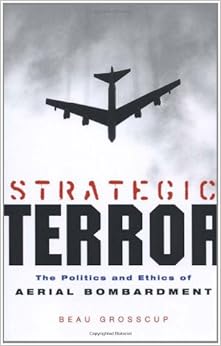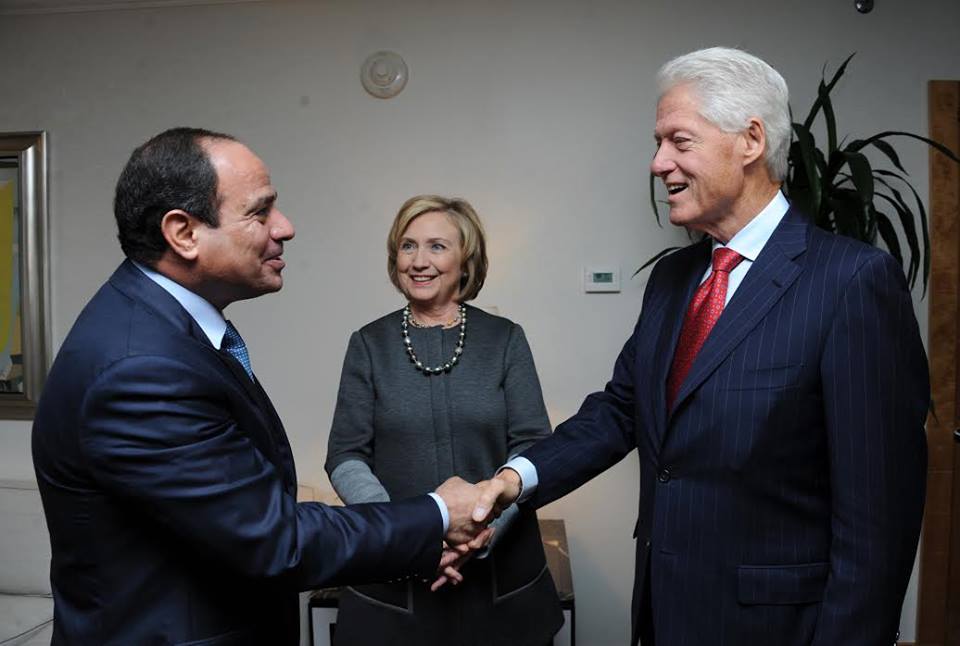 ALI AL-AHMED, alialahmedx at gmail.com, @AliAlAhmed_en
ALI AL-AHMED, alialahmedx at gmail.com, @AliAlAhmed_en
Al-Ahmed is director of the Institute for Gulf Affairs, which just released a report on “The Saudi government school in Paris and the content of its schoolbooks that promote terrorism and hatred.”
Reuters reports: “A Saudi Arabian court has sentenced a Palestinian poet to death for apostasy, abandoning his Muslim faith, according to trial documents seen by Human Rights Watch, its Middle East researcher Adam Coogle said on Friday. Ashraf Fayadh was detained by the country’s religious police in 2013 in Abha, in southwest Saudi Arabia, and then rearrested and tried in early 2014.” Middle East Eye reports: “The exact charges under which Fayadh was initially held were not made clear, although some have suggested that his arrest was linked to his publication of a video showing religious police in Abha beating a young man in public. … Saudi Arabia has put to death nearly 150 people so far this year, the highest figure in two decades. Most people are executed by beheading with a sword, a method Saudi authorities say is more humane than other alternatives.”
Al-Ahmed has written extensively about Saudi Arabia, including apostasy. See his piece “This medieval Saudi education system must be reformed.”
WILLIAM HARTUNG, williamhartung55 at gmail.com, @williamhartung
Hartung is the director of the Arms and Security Project at the Center for International Policy and a senior adviser to the Security Assistance Monitor.
He just wrote the piece, “U.S. Arms Sales Are Fueling Mideast Wars,” which states: “The majority of the Obama administration’s major arms sales have gone to the Middle East and Persian Gulf, with Saudi Arabia topping the list with over $49 billion in new agreements. This is particularly troubling given the complex array of conflicts raging throughout the region, and given the Saudi regime’s use of U.S.-supplied weaponry in its military intervention in Yemen. …
“The Obama administration’s push for more Mideast arms sales has been a bonanza for U.S. weapons contractors, who have made increased exports a primary goal as Pentagon spending levels off. Not only do foreign sales boost company profits, but they also help keep open production lines that would otherwise have to close due to declining orders from the Pentagon. …
“The use of U.S.-supplied helicopters, combat aircraft, bombs, and missiles in Yemen has contributed to the humanitarian catastrophe there. A recent attack on a wedding party that killed more than 130 people is just the latest example of the indiscriminate bombing that has resulted in the majority of the more than 2,300 civilian deaths caused by the war. The bombing has been coupled with a naval blockade that has led to a situation in which four out of five people in Yemen are now in need of humanitarian aid.”
 French president François Hollande will be visiting President Barack Obama at the White House Tuesday. He will visit Russian President Vladimir Putin in Moscow on Thursday. For upcoming events, see
French president François Hollande will be visiting President Barack Obama at the White House Tuesday. He will visit Russian President Vladimir Putin in Moscow on Thursday. For upcoming events, see  AJAMU BARAKA, ajamubaraka2 at gmail.com
AJAMU BARAKA, ajamubaraka2 at gmail.com LYDIA WILSON, lydia.wilson at hmc.ox.
LYDIA WILSON, lydia.wilson at hmc.ox.
 BBC reports: “
BBC reports: “ Some politicians are criticizing Secretary of State John Kerry suggesting Tuesday that there was a “
Some politicians are criticizing Secretary of State John Kerry suggesting Tuesday that there was a “
 The Guardian
The Guardian  RANIA MASRI, rani
RANIA MASRI, rani